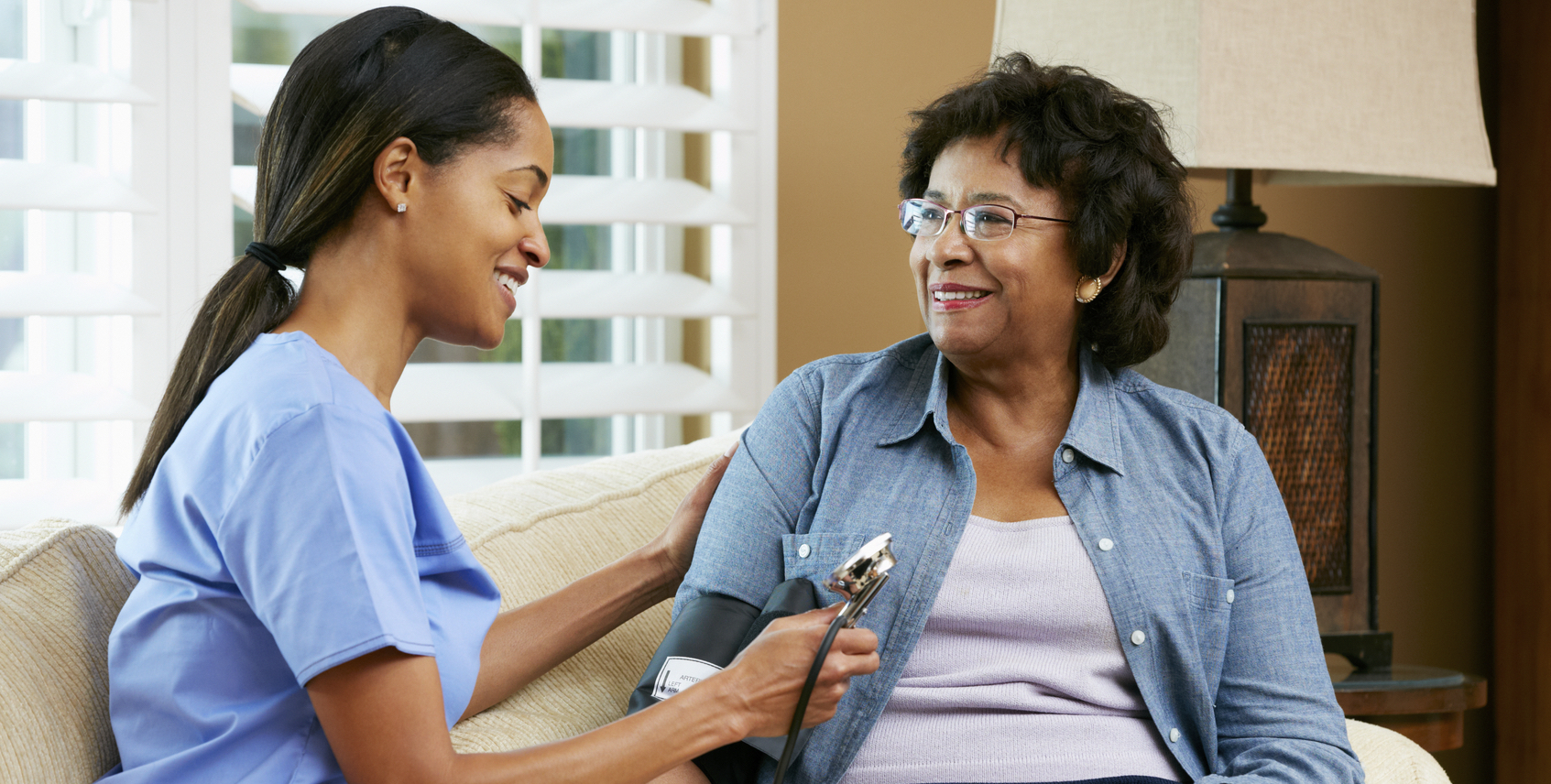
With the goal of developing age-tech solutions to enhance healthcare access for individuals with chronic health conditions in medically underserved communities, the AARP recently partnered with the Howard University College of Medicine to pilot two new programs aimed at addressing diabetes and medication management in people older than 50.
According to a Howard U. announcement, AARP “will support Howard University with cutting-edge technologies and resources like design thinking training to improve the health and well-being of adults age 50+. The tech solutions will include mobile apps, sensors, virtual and augmented reality, artificial intelligence, wearables, facial and voice recognition, and data analytics.”
In an interview, Nigel Smith, director of the AARP Innovation Labs, said, "When we look at the big health challenges – coronary disease, hearing loss … the current solutions just weren't addressing them enough. It was not an even playing field."
For its part, Howard University will pair the technologies with research and care models to assess short- and long-term effectiveness, while facilitating the adoption of disruptive technologies in chronic disease management and medically underserved communities.
"We recognize a significant need in our patient population," said Michael Crawford, associate dean for strategy, outreach and innovation at Howard University College of Medicine. The pilots are being conducted under Howard's 1867 Health Innovations Project, which collaborates with stakeholders such as the AARP to foster initiatives aimed at addressing health challenges among medically underserved communities.
"The innovation that has been occurring in healthcare hasn't trickled down to these populations," said Crawford.
For the two clinical pilot projects, which start this week, Howard recruited a total of approximately 30 individuals from its existing patient population to participate over a period of 90 days. The first tool, as Crawford described it, is a facial and voice-recognition device manufactured by the artificial intelligence vendor Pillo that enables video calls to the provider and reminds patients to take their medication.
The second program is a digital online-health community, where patients are paired with other individuals struggling with diabetes.
"The real thing we're trying to evaluate in that scenario is peer support groups," Crawford said, whether online-only models are more efficacious than in-person education groups, or "should they work together in parallel?”
Howard University launched the 1867 Health Innovations Project in April. Named after the year the University was founded, 1867 aims to collaborate with innovators, entrepreneurs, researchers, and corporate partners to tackle complex health challenges confronting underserved populations in the Washington, D.C. region and beyond.
Subsequent pilots, said Crawford, will involve virtual and mixed augmented reality, artificial intelligence, passive and active monitoring, and music therapy, among other digital tools. They will aim to address other conditions such as hypertension, cardiovascular disease, genetic disorders, cancer and neurodegenerative diseases.


